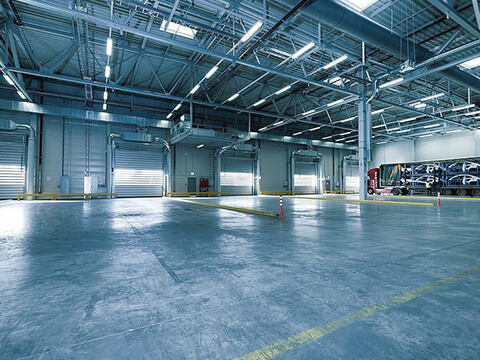
While there are commonalities between infrastructure and commercial real estate, they are distinctly different, but often confused. Both of them are longer term assets that provide economic benefits and require larger projects during their initial construction.
Infrastructure
Infrastructure structures are real assets that are designed for the benefit of the general public. These are important projects that help cities, counties and states operate efficiently. They have traditionally been considered public works projects consisting of structures such as:
- Highways
- Bridges
- Public transit such as light rail
- Airports
- Water and wastewater
- Schools
- Energy and power
- Hospitals
- Municipal and government agencies
Each of these projects have a construction element which involves improvements or building new “real assets” for the public benefit. They are generally funded by tax payers through general obligations, tax revenues generated by the property or both. Some infrastructure structures generate revenues to cover their cost of construction and operations, while some of them do not and simply serve the greater good.
The traditional way for investors to participate in infrastructure projects is through purchasing municipal bonds or other fixed income instruments. The most notable demonstration of this was the American Recovery and Reinvestment Act of 2009 which created the TARP funding for infrastructure projects throughout the United States.
Recently, the line between public and private assets has become somewhat blurred as investors can now choose to invest in toll roads, cell tower companies and pipeline assets which provide public benefits along with income to stakeholders. These investment vehicles are typically structured as MLPs or REITs to provide income from their assets. While less pervasive in the United States, this privatization has become more popular in Australia, Canada and the Middle East. While this trend is expected to continue, it seems unlikely that infrastructure projects would ever fully become privatized assets, merging into commercial real estate.
Commercial Real Estate
Commercial real estate is any type of private property which provides or has the potential to provide income. While single family homes and similar residences are excluded, the rest of the categories are defined by their function and include: office, industrial, retail, multi-family, medical, hotel (hospitality), land and special purpose. These structures are used for business purposes and often leased to tenants to conduct their operations. Tenants sign a lease for a predetermined time-frame with office and retail spaces averaging from 5 – 10 year duration, while highly customized industrial spaces and other types of structures can have 15, 20 or 30 year leases.
Commercial real estate properties are also different than infrastructure assets in that they require professional management. A commercial real estate management company helps to find, retain and manage tenants. In addition, they help to maintain the property and oversee tenant leases. These specialized companies are beneficial for investors as they have insight into the local market and are familiar with the governing rules and regulations.
There are wide variety of ways for investors to participate in commercial real estate projects. The most common investment type for commercial real estate is a Master Limited Partnership (MLP) or through a Real Estate Investment Trust (REIT). Other available investment vehicles include preferred stock, common stock, fixed income and derivatives. While the liquidity and nature of the investments vary, they are all tied to commercial real estate and provide some type of income to their investors.
CIVE has been performing engineering, architecture and construction services in the commercial real estate and residential sphere in the Houston area since 2003, and have been executing infrastructure projects through its international building arm that extends to Doha, Qatar. Our engineers are experienced in diverse markets who are ever ready to take on newer challenges. If you have a project that has specific requirements, our engineers will be glad to support you.






